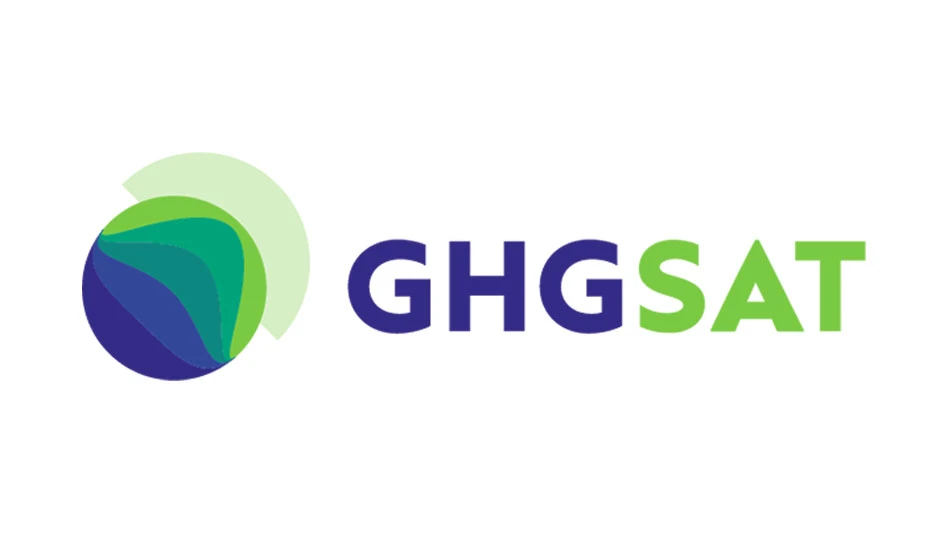
Photo courtesy of Hitachi Zosen Inova
Hitachi Zosen Inova (HZI), a Swiss company specializing in energy from waste, has developed its artificial intelligence (AI)-based Digester Performance Monitoring (DPM AI) system to make the operation and maintenance of its in-house Kompogas dry anaerobic digestion (AD) technology more efficient.
The DPM AI system enables dry AD plants to be operated closer to their biological limits for an increase in plant productivity of up to 15 percent, according to the company. It will be standard in HZI’s newly constructed plants but also can be retrofitted to any existing plant with continuous dry AD in the mesophilic or thermophilic temperature range.
The process biology of an anaerobic digestion plant is prone to failure, mainly due to overfeeding of the biogas-producing microorganisms and ammonia, which arises as nitrogen-rich substrates are degraded and have a process-inhibiting effect. These and other factors can reduce biogas production and disrupt plant operation, HZI says.
To get information on the status of the process biology, operators regularly take digestate samples and send them to a laboratory for analysis. Based on the results measured for volatile fatty acids and ammonia nitrogen, the laboratory data are analyzed to determine any indicators of a malfunction in the digester. This process can take several days.
To address this problem, HZI’s Technology & Digitalization division developed an algorithm that takes into account various factors in a potential problem with the dry digestion process, evaluates them and issues a warning message in real-time. For example, the system can rapidly determine an increase in the hydrogen content in the biogas as well as a decrease in the methane content in the biogas or specific biogas production.
RELATED: Hitachi Zosen Inova to build RNG plant in Kentucky | Kanadevia will be new name for Hitachi Zosen
“The AI system automatically evaluates the plant data to detect incipient process disturbances within seconds,” says Benoît Boulinguiez, director of product and marketing management at HZI. “Unlike other software-based solutions that merely sound an alarm when threshold values are exceeded, our DPM AI system interprets the threshold values in light of the parameters for possible disturbances in the process biology.”
The Kompogas plant in Jönköping, Sweden, is the first facility to be equipped with the DPM AI system. It produces biogas from food waste and green waste collected from the region, which is used to generate renewable natural gas fuel for urban vehicle fleets as well as private cars.
“The composition of the feedstocks delivered for biogas production varies, and this influences the digestion process,” says Gunnar Holmstedt, managing director of the Swedish company operating the Kompogas plant. “So, it's particularly advantageous if any impairment of the biology is detected quickly. This has already been proven its worth in the evaluation of our plant data during the development and testing of the DPM AI system.”
At the turn of the year, the system will be integrated into the Swedish plant to optimize its regular operation.
The newly developed system is compatible with all Kompogas plants and can currently be refitted to any facility in Europe and North America. It can also be fitted to dry digestion plants from other manufacturers. The costs, which depend on the number of plants needing to be equipped and their control system, are determined on a case-by-case basis, HZI says.
Interested operators can get first-hand information about the DPM AI system at the German Biogas Association’s annual Biogas Convention & Trade Fair in Nuremberg from Dec. 12-13. Hitachi Zosen Inova will be at stand D04 in Hall 8.
Latest from Waste Today
- Startup proposes medical waste facility in Alabama
- Mount Vernon, Ohio, city council tightens waste hauling regulations
- Retail associations sign MOU to form producer responsibility organization for textiles in California
- Republic Services partners with EDL to provide RNG for San Antonio buses
- WM opens 12 recycling facilities in 2024
- Plastics recyclers report difficult conditions
- BTS Bioenergy opens Maryland Organics Recovery Center
- Meadow tabs aluminum as key to boosting beauty sector recycling





